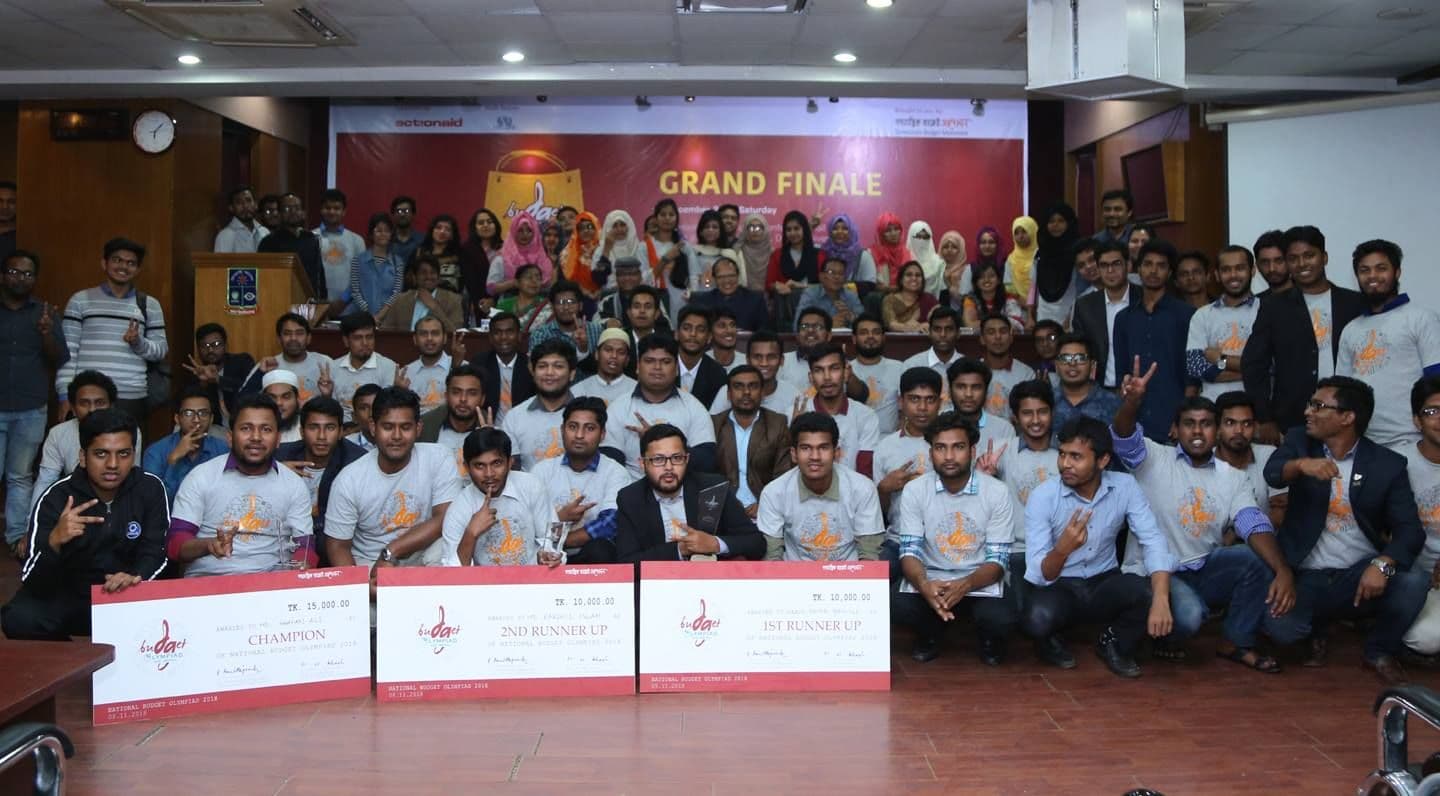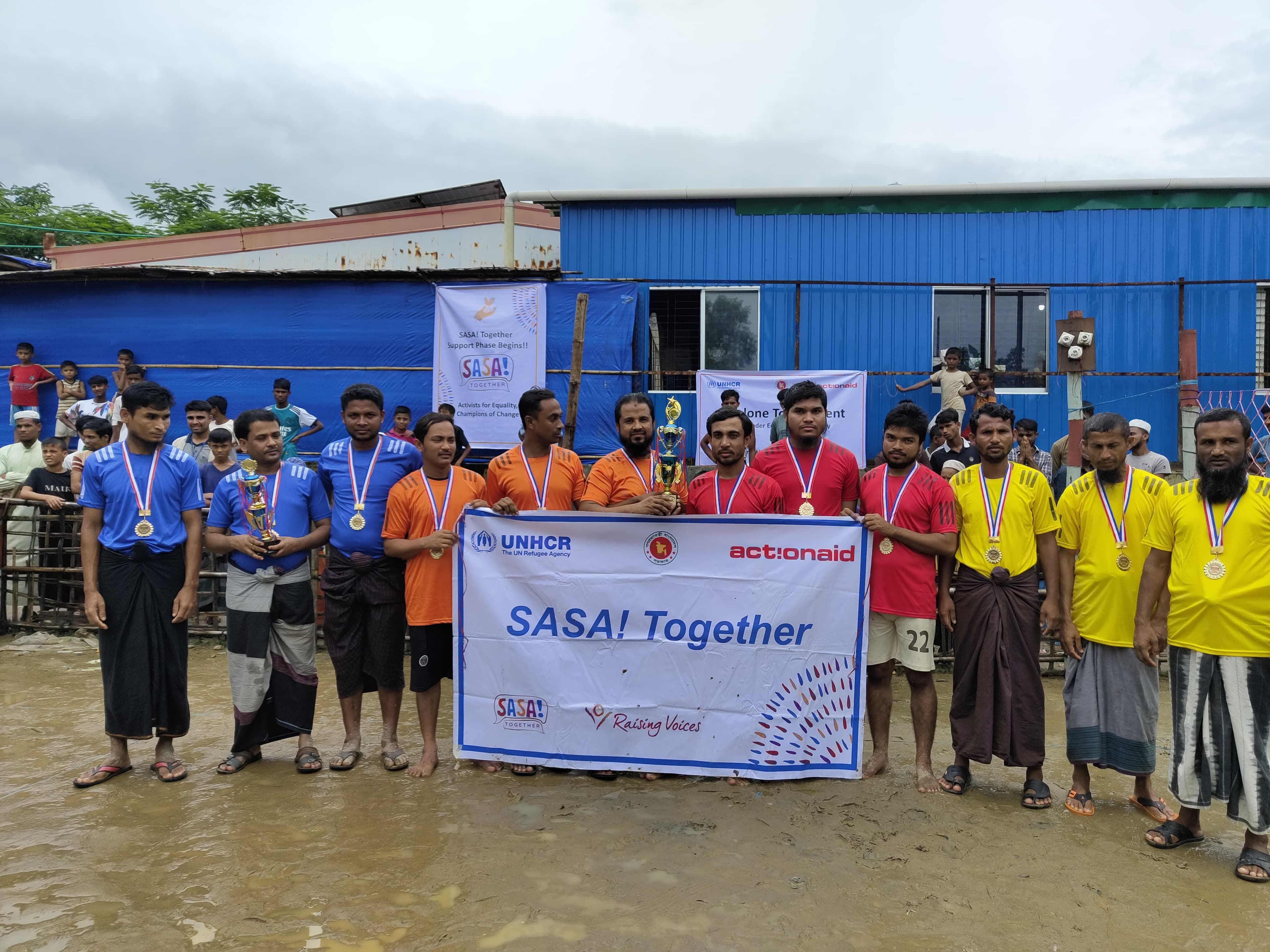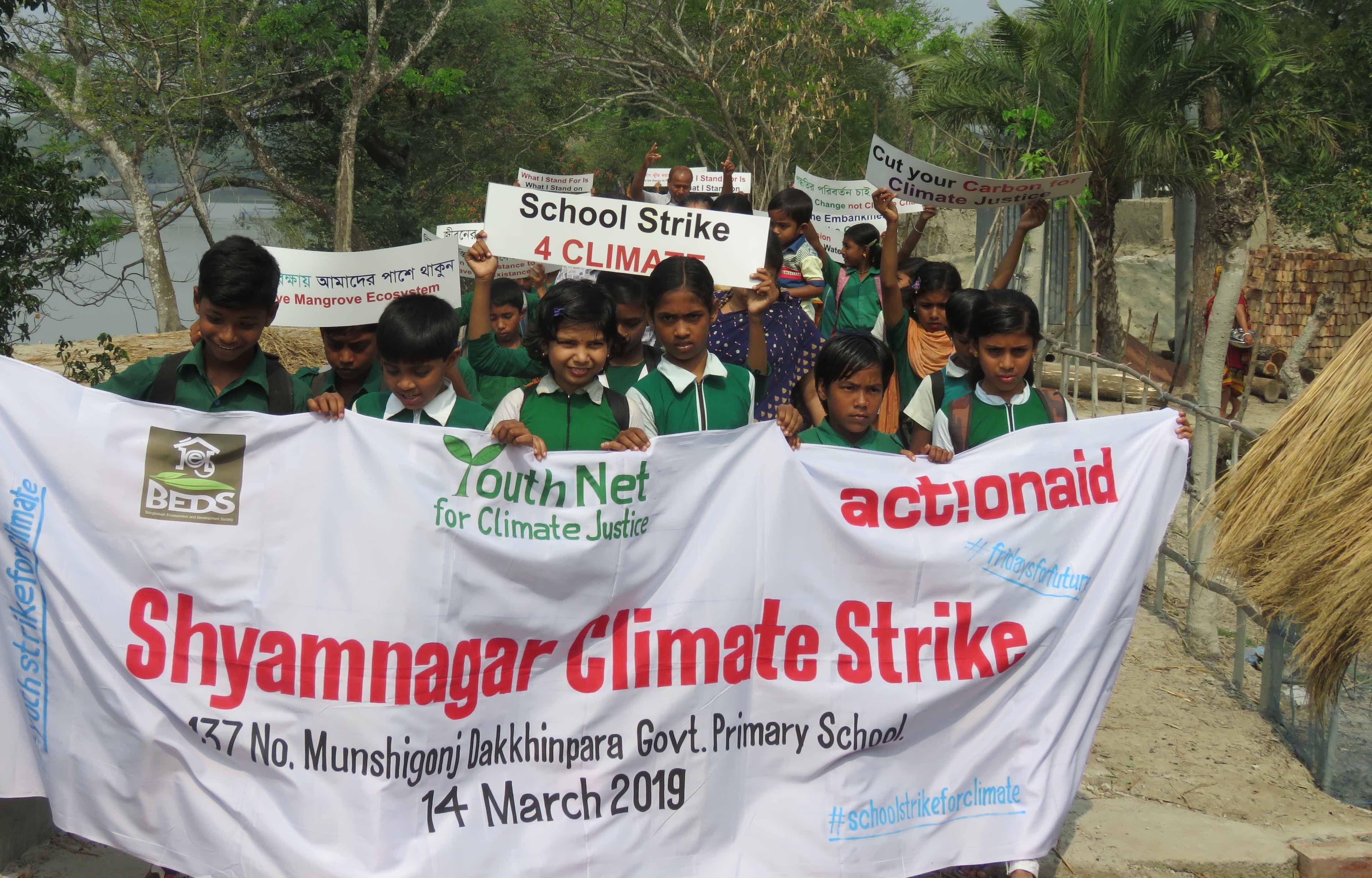Unpaid Care Work (UCW) is an inherently gendered phenomenon: a clear majority of uncompensated, unrecognised and undervalued care work is carried out by women. These works are essential for maintaining our society. Unpaid care work provides services that nurture other people and is costly in terms of time and energy. It refers to all the activities that go into caring for household members; it includes household chores, cooking, child care and care of ill and elderly persons, fetching water and collecting firewood. When this work is carried out in the person’s own home and is unpaid, it is not reflected in national statistics or economic analyses, despite its centrality to our day-to-day wellbeing. It is perceived less valuable than paid work and it is ignored and not considered to be “work” even by the women and men who engage in and get benefit directly from these activities. The burden of Unpaid Care Work affects all women but has the worst effects on women in poverty. For most women, time spent on Unpaid Care Work is disproportionately high compared to men. ActionAid Bangladesh is implementing “Promoting Opportunities for Women’s Empowerment and Rights” known as POWER project which long-term objective of the project is to contribute to increase economic empowerment of women. POWER project intends to create opportunities for women by recognizing, redistributing and reducing of UCW. In this background, ActionAid Bangladesh is going to organizea campaign programthrough holding aShort Film Making Competition on Unpaid Care Work.

Campaigns
SHORT FILM MAKING COMPETITION ON UNPAID CARE WORK
Published by Published by Actionaid
Join our monthly newsletter
Join thousands of others by signing up to stay updated on our latest activities, opportunities, and specially crafted newsletters delivered right to your inbox.



